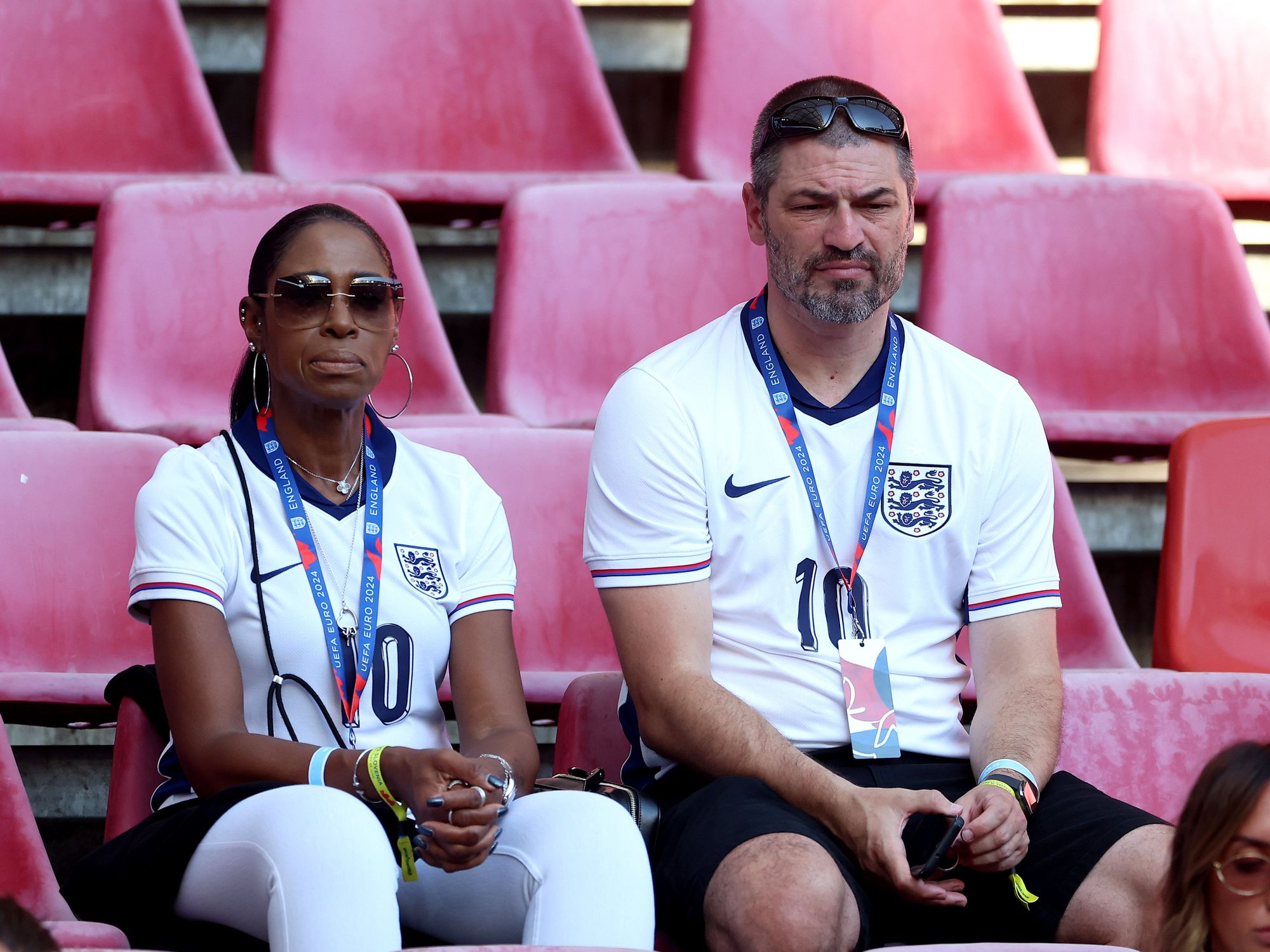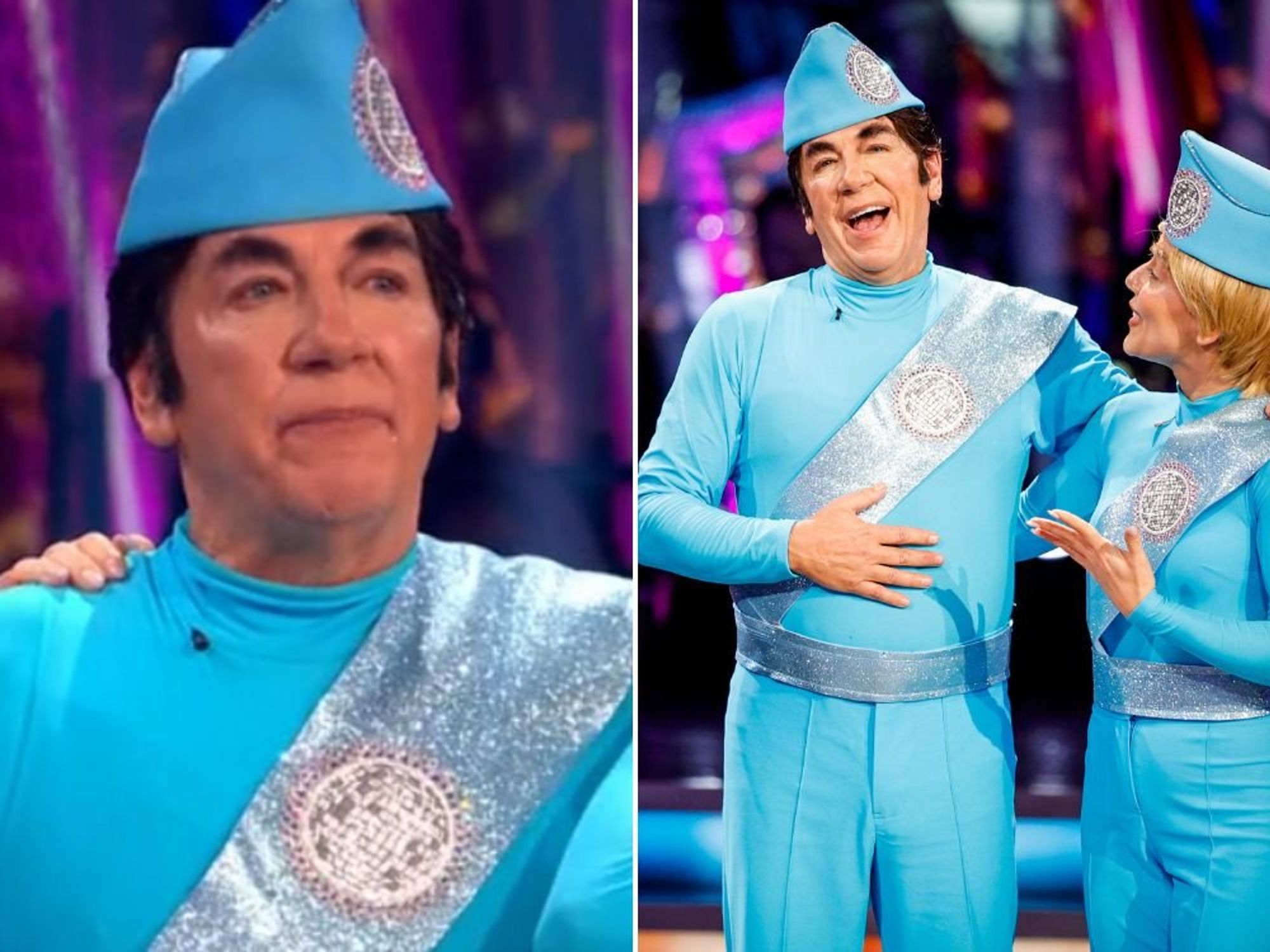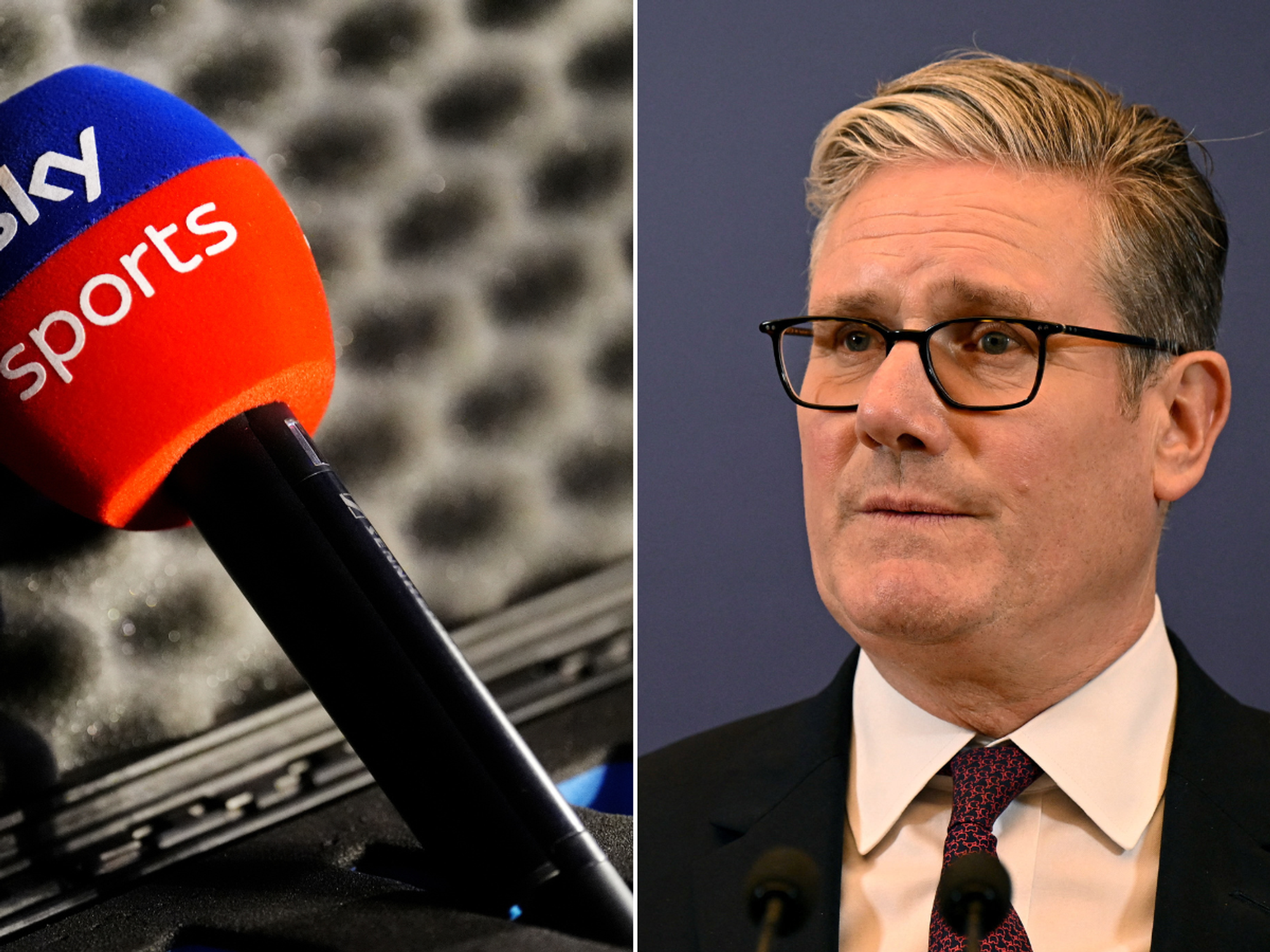Colin Brazier: Weddings are back but can marriage survive?

By Colin Brazier
Published: 26/07/2021
- 20:09Updated: 26/07/2021
- 20:42The number of couples getting married in England and Wales is at its lowest ever level.
Don't Miss
Most Read
Latest
Everybody loves a wedding and a reminder today that they come in all shapes and sizes. This morning’s papers full of pictures of a spectacular ceremony in Italy.
The bride was Lady Kitty Spencer, Princess Diana’s niece, who has married a retail tycoon and a man twice her age.
Elsewhere there’s a story about my friend and former colleague Major General Alastair Bruce who, at the age of 61, has just married his long-time partner Stephen. In so doing becoming the most senior British army officer to have a same-sex union.
Weddings are back but can marriage survive?
The couples may vary, but all around the country a summer wedding season, so long thwarted by Covid, is getting back underway.
Petty rules dictating who could dance, who could be invited, who could sit where… were ditched a week ago. Freedom Day changed little for some, but when it comes to tying the knot we are back to how things once were. No limit on numbers, no social distancing at the service or reception, no face coverings – unless the bride insists on wearing a veil.
But though the weddings are back, the state of matrimony is another matter. Lady Kitty Spencer and General Alastair Bruce remind us that marriage has a future, but other public figures – Matt Hancock and Michael Gove spring to mind – remind us that marriage isn’t always a happy ever after.
Marriage rates are falling across Britain.
The prospect of an expensive and messy divorce has a deterrent effect. But there are lots of reasons why marriage isn’t as popular as it once was.
The number of couples getting married in England and Wales is at its lowest ever level. And the latest figures available, from Scotland, suggest that marriage is an institution in serious trouble.
Last month they showed that there were 11,831 marriages last year, compared to more than 26,000 the year before.
That’s a huge fall and one we’ve seen before during times of economic uncertainty. During the Depression of the 1930s, for instance, marriages fell by a fifth.
Then, though, they rebounded. Can they this time? Maybe. But the rate of marriage will never return to where it once was.
Should that worry us. Well, I think it should. And here’s why.
Marriage works and must be protected.
The jury is no longer out on whether marriage works for society at large. You know, I know, people who are very unhappily married. We all know someone who’d be better off single than spliced. But speaking generally, all other things being equal, married people are HEALTHIER and WEALTHIER and HAPPIER than those who are either co-habiting or single. This is not to encourage the stigmatization of single parents. I’m a single-parent, and, like many, I do my best.
But the data is incontrovertible. On average, married people live longer and have more stable relationships. That matters to children, where a marriage produces them. Kids who grow up with married parents are more likely to get good jobs and have better mental health.
As the sociologists are fond of saying, cause is not always correlation. Just because married couples are better off than their unmarried counterparts might be down to something other than the rings on their fingers.
But as thirteen of the most highly-regarded social scientists in the United States concluded: “Marriage is an important social good, associated with an impressively broad array of positive outcomes for children and adults alike”.
Not all marriages are in decline. Self-marriage, where someone symbolically weds themselves – no I don’t know how that works – is said to be on the rise. If you find that baffling, here's something that really is befuddling.
Why won't the state act on the data. Why is it, that even a Conservative government, dares not meaningfully encourage marriage through the tax and benefits system.
No modern consumer politician wants to risk that most poisonous of labels…of being judgmental. Of being a finger wagger. Of telling people HOW to live their lives. Which is a pity. Because marriage isn’t just an expression of romantic optimism, but an adhesive that holds society together.











